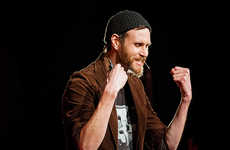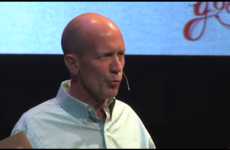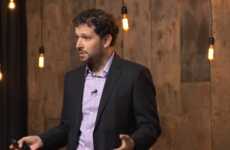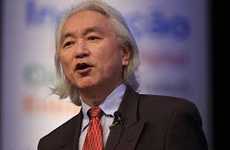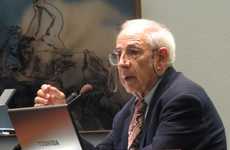
Need Inspiration?
Get inspired by 4,000+ keynote speaker videos & our founder, a top keynote speaker on innovation.
Daniel Rubin's Time Management Lecture Emphasizes Rest & Relaxation
Vasiliki Marapas — December 10, 2013 — Keynote Trends
References: youtu.be
Daniel Rubin kicks off his time management lecture with an experiment: he asks the audience to count twelve seconds and clap when they're finished. Unsurprisingly, the claps are not unified. Rubin employs this exercise in order to make a point about how much control we have over time (and how much control it has over us).
Rubin wanted to consider the ways in which he could become more attune to the passing and usage of his time. He noticed that during the Sabbath dinners, he was free from the shackles of time that normally constrained him. He made the important realization that you can wage war on time: during the week, time "controls, limits and binds," but on the weekends we have time to pause and reflect.
In terms of reflection, Rubin cites an astonishing scientific observation: though fun events often seem like they fly by (as the saying goes,) when we reflect upon them, they appear longer. Time and memories change, and how we formulate them is important. Indeed, without memory and reflection, time does not exist.
Rubin wanted to consider the ways in which he could become more attune to the passing and usage of his time. He noticed that during the Sabbath dinners, he was free from the shackles of time that normally constrained him. He made the important realization that you can wage war on time: during the week, time "controls, limits and binds," but on the weekends we have time to pause and reflect.
In terms of reflection, Rubin cites an astonishing scientific observation: though fun events often seem like they fly by (as the saying goes,) when we reflect upon them, they appear longer. Time and memories change, and how we formulate them is important. Indeed, without memory and reflection, time does not exist.
3.9
Score
Popularity
Activity
Freshness



